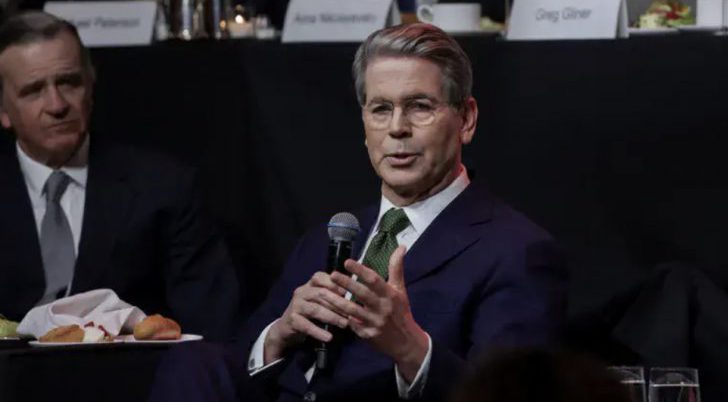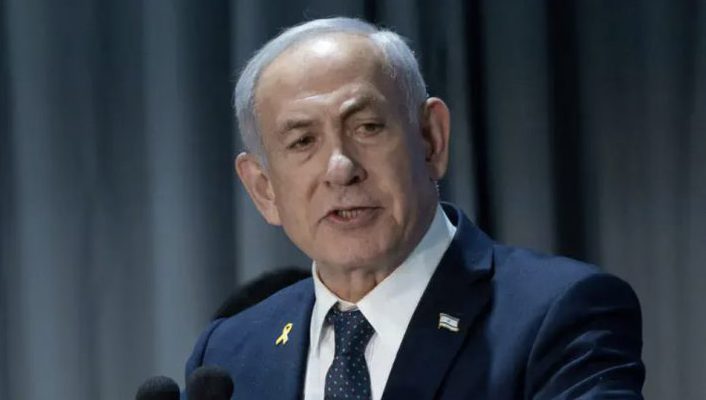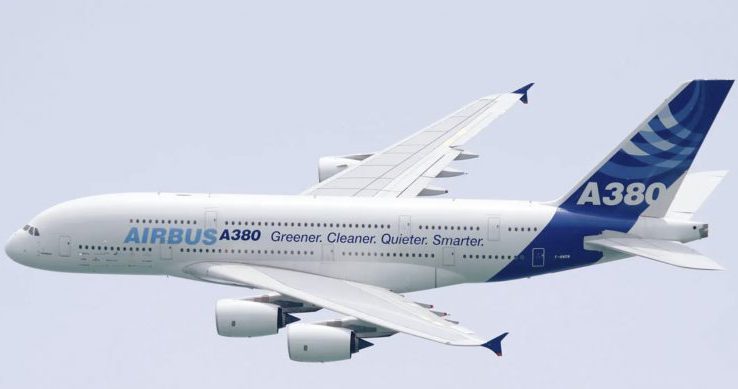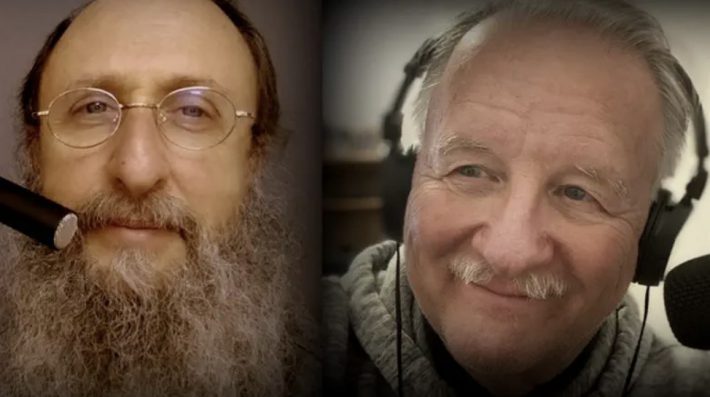Treasury Secretary Scott Bessent unveils Trump’s new H-1B strategy: foreign experts to train U.S. workers, restore manufacturing, then return home.
In a decisive clarification of the Trump administration’s evolving labor policy, Treasury Secretary Scott Bessent announced that the new H-1B visa reform is “not about replacing American workers — it’s about training them.”
Speaking on Fox News with Brian Kilmeade, Bessent described the program as a “knowledge transfer initiative” central to President Donald Trump’s industrial resurgence strategy — one aimed at rebuilding America’s manufacturing, shipbuilding, and semiconductor industries after decades of offshoring and dependence on China.
“Train the U.S. workers. Then go home. Then the U.S. workers fully take over,” Bessent said bluntly, outlining the administration’s “learn-and-lead” model for skilled migration.
He emphasized that the policy is designed to temporarily import expertise, allowing American engineers and technicians to learn directly from foreign professionals before taking full control of production lines.
“An American can’t have that job — not yet,” Bessent explained. “We haven’t built ships or semiconductors here for years. But when our overseas partners teach, and our people master it, that’s a home run.”
The plan, he said, reflects Trump’s broader push to repatriate critical industries and restore national self-reliance — from advanced defense manufacturing to clean-energy technology — aligning with the President’s doctrine of “Strategic Industrial Patriotism.”
Bessent’s remarks come as Trump’s recent Fox interview reignited debate inside his MAGA base, after the President conceded that the U.S. “doesn’t have certain talents” and must import expertise to rebuild its technical infrastructure.
“You can’t take people off the unemployment line and say, ‘We’re going to make missiles,’” Trump said, echoing Bessent’s logic.
Parallel Prosperity: Main Street Meets Wall Street
Bessent also confirmed the administration’s deliberation over a $2,000 tariff rebate for families earning under $100,000, describing it as a way to “make trade victories felt at the kitchen table.”
“The president’s talking about a $2,000 rebate,” Bessent said. “It’s part of ensuring families feel the benefits of strong trade policy.”
Calling 2026 a potential blockbuster year for the U.S. economy, Bessent outlined Trump’s financial doctrine of “Parallel Prosperity” — a vision where Wall Street and Main Street grow together under a strong dollar, deep capital markets, and an industrial base rebuilt on American soil.
“A stable Treasury, strong families, and self-reliant industries — that’s how we win,” Bessent concluded.
With foreign expertise used as a strategic bridge rather than a replacement, Trump’s H-1B policy marks a sharp departure from both Silicon Valley’s open-border model and the protectionist instincts of his early presidency — redefining economic nationalism for the 21st century.In a decisive clarification of the Trump administration’s evolving labor policy, Treasury Secretary Scott Bessent announced that the new H-1B visa reform is “not about replacing American workers — it’s about training them.”
Speaking on Fox News with Brian Kilmeade, Bessent described the program as a “knowledge transfer initiative” central to President Donald Trump’s industrial resurgence strategy — one aimed at rebuilding America’s manufacturing, shipbuilding, and semiconductor industries after decades of offshoring and dependence on China.
“Train the U.S. workers. Then go home. Then the U.S. workers fully take over,” Bessent said bluntly, outlining the administration’s “learn-and-lead” model for skilled migration.
He emphasized that the policy is designed to temporarily import expertise, allowing American engineers and technicians to learn directly from foreign professionals before taking full control of production lines.
“An American can’t have that job — not yet,” Bessent explained. “We haven’t built ships or semiconductors here for years. But when our overseas partners teach, and our people master it, that’s a home run.”
The plan, he said, reflects Trump’s broader push to repatriate critical industries and restore national self-reliance — from advanced defense manufacturing to clean-energy technology — aligning with the President’s doctrine of “Strategic Industrial Patriotism.”
Bessent’s remarks come as Trump’s recent Fox interview reignited debate inside his MAGA base, after the President conceded that the U.S. “doesn’t have certain talents” and must import expertise to rebuild its technical infrastructure.
“You can’t take people off the unemployment line and say, ‘We’re going to make missiles,’” Trump said, echoing Bessent’s logic.
Parallel Prosperity: Main Street Meets Wall Street
Bessent also confirmed the administration’s deliberation over a $2,000 tariff rebate for families earning under $100,000, describing it as a way to “make trade victories felt at the kitchen table.”
“The president’s talking about a $2,000 rebate,” Bessent said. “It’s part of ensuring families feel the benefits of strong trade policy.”
Calling 2026 a potential blockbuster year for the U.S. economy, Bessent outlined Trump’s financial doctrine of “Parallel Prosperity” — a vision where Wall Street and Main Street grow together under a strong dollar, deep capital markets, and an industrial base rebuilt on American soil.
“A stable Treasury, strong families, and self-reliant industries — that’s how we win,” Bessent concluded.
With foreign expertise used as a strategic bridge rather than a replacement, Trump’s H-1B policy marks a sharp departure from both Silicon Valley’s open-border model and the protectionist instincts of his early presidency — redefining economic nationalism for the 21st century.





